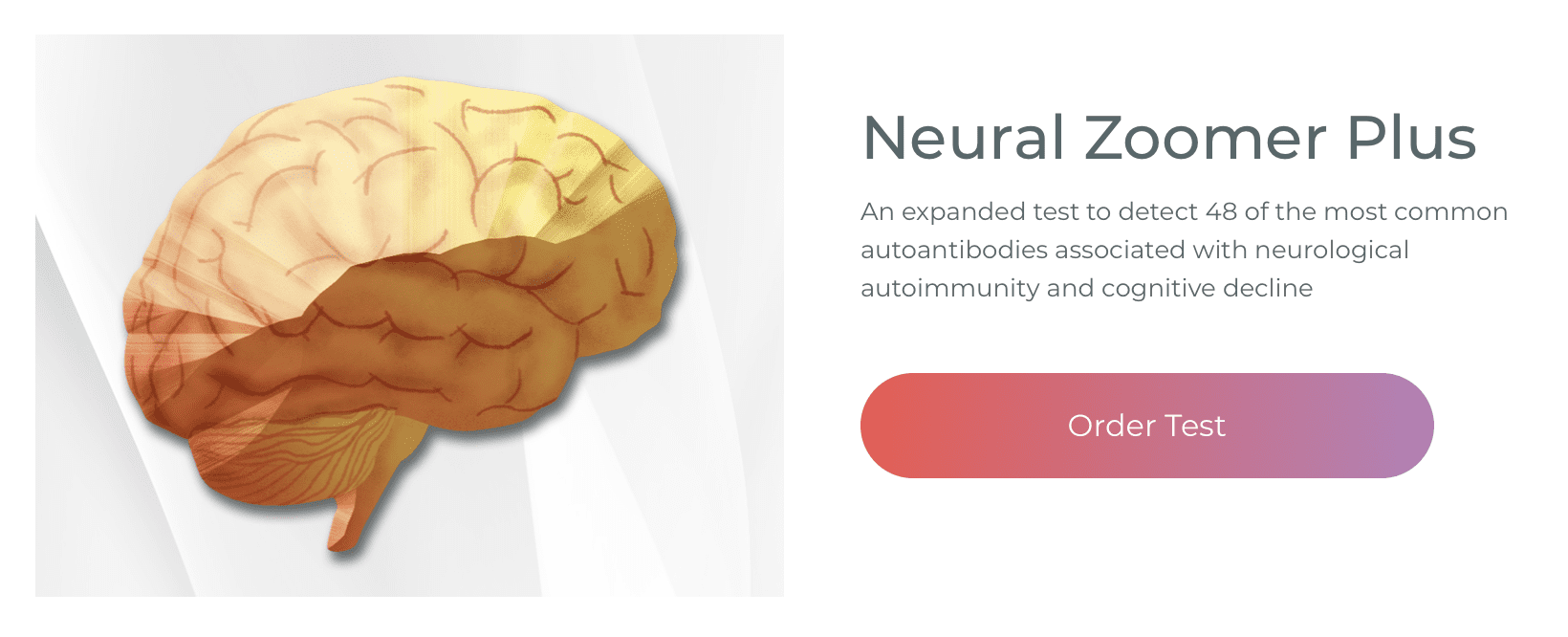Is your attention span decreasing? How often do you walk into rooms and forget why? How often do you feel you are not getting enough sleep or rest? If you answered yes to any of the previous questions, you may be experiencing brain fog. Brain fog is a symptom rather than a single condition and it can actually be caused by a very common factor: too much screen time.
Many people today spend a significant amount of time staring at a screen than ever before. According to the American Optometric Association (AOA), an average office worker in the United States spends a minimum of seven hours a day sitting in front of a computer screen. While other recent research studies have shown that an average American adult spends as much as 11 hours a day looking at some type of screen of some kind, including mobile devices like smartphones.
In light of this "digital revolution", however, more and more healthy people in their 20's, 30's, and even in their 40's have started experiencing brain fog, short-term memory loss, and insomnia as well as vision problems, headaches, and migraines. Although there isn't an abundance of evidence, several research studies have begun to demonstrate the effects of too much screen time on our overall health and wellness. We will discuss why screen time causes brain fog, among other health issues.
How Screen Time Changes the Brain
Sitting in front of a computer screen or looking at any other type of screen for extended periods of time can ultimately cause brain fog and vision problems, among other health issues because it changes the brain, both behaviorally and structurally. A research study of students in 10 countries showed that many of them feel acute distress if they go without their phones for 24 hours. Also, most people check their phones a minimum of 150 times a day, sending about 100 or more text messages.
This excessive use of smartphones has been associated with stress, anxiety, and even depression. Neuroscientists have referred to this health issue as "digital dementia," which ultimately affects important right-brain functions, such as short-term memory, attention, and concentration, in ways that may or may not be reversible if they are not treated properly.
People who are perceived as having an online game addiction show significant gray matter atrophy in a variety of regions in the brain, including the right orbitofrontal cortex, the bilateral insula, and the right supplementary motor area, when they were evaluated using brain MRI research studies. The regions where volume loss was shown are ultimately in charge of essential cognitive functions, such as planning, prioritizing, organizing, impulse control, and reward pathways. These are also involved in our development of empathy and compassion as well as the translation of physical signals into emotion.
Several research studies have also shown that too much screen time can also cause long-term vision problems and other eye health issues. According to the American Optometric Association, computer vision syndrome or CVS, also known as digital eye strain, is a complex vision problem associated with tasks and activities that stress the near vision and those that are experienced in relation, or during, the use of the computer, tablet, e-reader, and smartphone. The symptoms include eye strain and ache, dryness, irritation, redness, double or blurred vision, burning, and even neck and shoulder pain.
Moreover, in 2014, a Harvard Medical School group investigated the biological effects of reading an e-book on a light-emitting device with reading a printed book in the hours before bedtime. The researchers ultimately reported that people who read on the e-book took longer to fall asleep, had less evening sleepiness, decreased melatonin secretion, later timing of their circadian rhythm, and lower next-morning alertness than when reading a printed book. Much of this likely has to do with the fact that e-books and other digital screens emit blue light, which has been shown to interfere with the production of melatonin or the "sleep hormone" which also helps regulate other hormones as well as our circadian rhythms.
While research studies demonstrating the connection between mood and digital device addiction is still emerging, some recent research studies are starting to associate prolific social media use with the increased risk of anxiety and depression. Many patients report feeling stress, anxiety, and depression caused by spending too much time scrolling through social media, such as Instagram, Facebook, and Twitter feeds. Some even report that "social media detoxes," where they delete these apps from their smartphones for a few days or weeks, tremendously improved their overall health and wellness.
How to Prevent Brain Fog from Screen Time
If you find yourself experiencing symptoms such as brain fog, short-term memory loss, vision problems, insomnia, anxiety, depression, headaches, or migraines, make sure to see a healthcare professional for an evaluation first, but then try limiting screen time to six hours per day, avoiding all screens at least one hour before bed and taking the weekends "off" from social media. If you immediately feel better, you have a clear indication of how too much screen time is affecting your brain.
Several other precautions you can take to prevent the previously mentioned symptoms can include: loading up on nutrients that have been shown to combat brain fog and vision problems like the carotenoid antioxidants zeaxanthin, lutein, and astaxanthin, found in green vegetables and a variety of colorful plant foods similar to these. If you can't avoid using a computer or other digital device before bed, consider wearing a pair of blue-light-blocking glasses in the evenings, in which several research studies have shown that these can ultimately help restore melatonin production and improve sleep.
Brain fog can make thinking, understanding, and even remembering basic information challenging. Brain fog is a symptom, rather than a single disorder, commonly associated with vision problems and other health issues like insomnia, anxiety, and even depression. Researchers and healthcare professionals have demonstrated that too much screen time, due to sitting in front of a computer screen or staring at a mobile device for extended periods of time, can ultimately change the brain, causing brain fog and vision problems, among other well-known symptoms. - Dr. Alex Jimenez D.C., C.C.S.T. Insight
In honor of Governor Abbott's proclamation, October is Chiropractic Health Month. Learn more about the proposal.
Have you been experiencing noticeable variations in your mental speed? Do you suffer from pain, discomfort, and inflammation? Have you been experiencing fatigue, especially after meals or exposure to chemicals, scents, or pollutants? Brain fog is a symptom that can affect many brain functions, including memory and concentration. It can also be accompanied by other symptoms like vision problems. Too much screen time can cause brain fog and other health issues.
The scope of our information is limited to chiropractic, musculoskeletal and nervous health issues or functional medicine articles, topics, and discussions. We use functional health protocols to treat injuries or disorders of the musculoskeletal system. To further discuss the subject matter above, please feel free to ask Dr. Alex Jimenez or contact us at 915-850-0900 .
Curated by Dr. Alex Jimenez
References:
- Sissons, Claire. “Brain Fog: Multiple Sclerosis and Other Causes.” Medical News Today, MediLexicon International, 12 June 2019, www.medicalnewstoday.com/articles/320111.php#1.
- Orenstein, Beth W. “When Chronic Fatigue Syndrome Harms Vision.” EverydayHealth.com, Everyday Health, 4 March 2010, www.everydayhealth.com/chronic-fatigue-syndrome/vision-problems.aspx.
Additional Topic Discussion: Chronic Pain
Sudden pain is a natural response of the nervous system which helps to demonstrate possible injury. By way of instance, pain signals travel from an injured region through the nerves and spinal cord to the brain. Pain is generally less severe as the injury heals, however, chronic pain is different than the average type of pain. With chronic pain, the human body will continue sending pain signals to the brain, regardless if the injury has healed. Chronic pain can last for several weeks to even several years. Chronic pain can tremendously affect a patient's mobility and it can reduce flexibility, strength, and endurance.
Neural Zoomer Plus for Neurological Disease
Dr. Alex Jimenez utilizes a series of tests to help evaluate neurological diseases. The Neural ZoomerTM Plus is an array of neurological autoantibodies which offers specific antibody-to-antigen recognition. The Vibrant Neural ZoomerTM Plus is designed to assess an individual’s reactivity to 48 neurological antigens with connections to a variety of neurologically related diseases. The Vibrant Neural ZoomerTM Plus aims to reduce neurological conditions by empowering patients and physicians with a vital resource for early risk detection and an enhanced focus on personalized primary prevention.
Formulas for Methylation Support
XYMOGEN’s Exclusive Professional Formulas are available through select licensed health care professionals. The internet sale and discounting of XYMOGEN formulas are strictly prohibited.
Proudly, Dr. Alexander Jimenez makes XYMOGEN formulas available only to patients under our care.
Please call our office in order for us to assign a doctor consultation for immediate access.
If you are a patient of Injury Medical & Chiropractic Clinic, you may inquire about XYMOGEN by calling 915-850-0900.
For your convenience and review of the XYMOGEN products please review the following link.*XYMOGEN-Catalog-Download
* All of the above XYMOGEN policies remain strictly in force.








